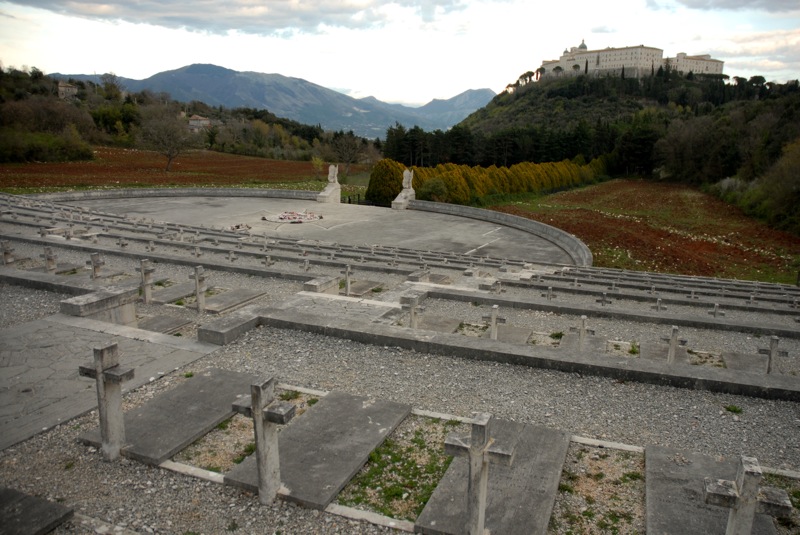
As Ukrainians struggle forward they remember the past
(The photo is of the entrance to a palace in Lviv).
I’ve been traveling backwards and forwards to Ukraine for various WW2 related projects for many years, and so I’ve been particularly concerned about recent developments there. The sight of young people who are prepared to die under the much derided flag of the European Union must make us all think – or in some cases rethink – about the value of European integration. Given a choice between the values of the European Convention on Human Rights – freedom, democracy and the rule of law – and the ‘values’ of many of those in power in Russia – corruption, cronyism and bullying – I know where I stand.
But I’ve been surprised that more people haven’t commented on the legacy of WW2 in Ukraine. Because it seems to me that large elements of the problems that Ukrainians face today have their roots in the conflict. In the first place, that’s because the borders of Ukraine today are not the borders that existed at the start of the war. In fact, it was Churchill who, at the Tehran conference in 1943, agreed that Stalin could snatch the eastern portion of Poland from the Poles at the end of the war and attach the land onto Ukraine. This land had previously been Polish in the inter-war years and before that had been part of the Austro-Hungarian Empire, though Ukrainians laid claim to this territory further back in history. That, in part, explains why the Western part of Ukraine considers itself more ‘European’ than the rest.
Then there’s the question of Ukrainian nationalism. During WW2 many Ukrainians longed more than anything for an independent Ukraine – which is why so many initially supported the invasion of the Nazis in 1941. It shouldn’t be forgotten either that a number of Ukrainians went on to help the Nazis exterminate the Jews. Many of the guards at death camps like Treblinka and Sobibor were Ukrainian.
But when the Ukrainians discovered that the Nazis wanted to enslave them just as much – if not more – than Stalin did, then a resistance movement grew. In the later years of the war in Ukraine there was a threefold fight going on in the forests – between the Germans, the Ukrainian nationalists and Stalin’s partisans. Terrible atrocities were committed on all sides. And this bloody war – largely unknown in the West – continues to cast a long shadow in the region.
Many Russians look down on the Ukrainians in a similar way to how the British used to treat the Irish. And the sense I have often had in Ukraine is that the Russians seek to bully their neighbours – most often by threatening the supply of gas to the country. So now I expect the Russians to bully the Ukrainians some more. But Ukrainians are tough – as we’ve seen on our TV screens over the last few days.
As fellow Europeans we should welcome Ukrainians with open arms. Not just because it’s the right thing to do for ethical and humanitarian reasons – but because the West had a hand, during WW2, in creating the borders of the country in the first place.
 Twitter
Twitter






